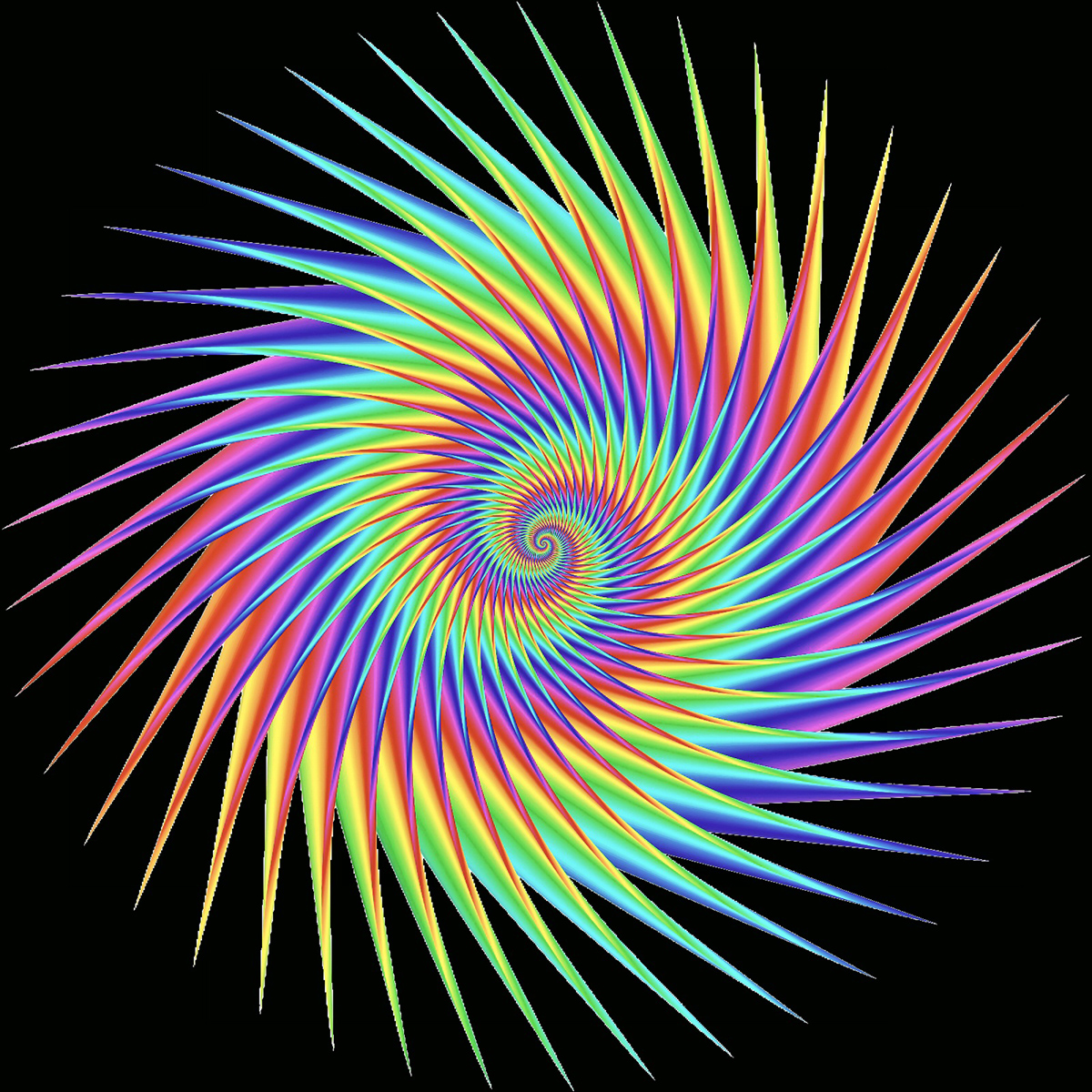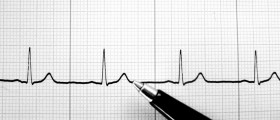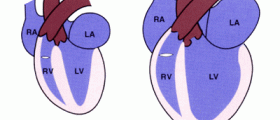
There are several possible causes of dizziness. Here, we will try to list same of those possible causes of feeling dizzy.
Vasovagal syncope
Vasovagal syncope is very common cause of light headiness, fainting, and dizziness. Vasovagal syncope occurs in cases when vagus nerve becomes overly stimulated and causes blood vessels in the body to dilate thus slowing the heart rate, and without regular blood flow in upward direction, brain shuts down. Many types of emotional or physical stress can over stimulate vagus nerve and cause faintness, dizziness or lightheadedness.
Heart conditions
Heart is a muscle propelled by electricity; in order to pump the blood in the right way, electrical impulses that stimulates heart’s proper pumping must be constant and uninterrupted. There are two main types of heart disorders; heart muscle problems and problems with conduct of electrical impulses to the heart.
In latter case of conduction disturbances, there are two main disorders; tachycardia, in cases when heart pumps or beats to quickly, or bradycardia, in cases when heart beats too slowly. Both of theses cases may interrupt blood supply to the brain causing symptoms of faintness or dizziness.
Cardiomyophaty id a heart muscle disease and its consequence is that heart, due to the problem in its muscles, does not beat properly. Most common causes of heart muscle problems are ischemic Cardiomyophaty, or atherosclerotic heart disease, which means in both cases, that heart muscle does not have enough blood supply to operate normally.
High blood pressure
Hypertension or high blood pressure has no symptoms, and you can have it for years, without knowing about it. Some minor symptoms may be dizziness, nausea or headache, but these symptoms are possible for various disorders, not just high blood pressure. But nevertheless, high blood pressure can be very dangerous and must be putt under control as soon as possible, because is commonly connected with other very serious disorders, and consequences can be pretty severe.
Diabetes
Diabetes is accompanied with fluctuation in blood sugar levels, and it can be presented as hypoglycemia (low blood sugar), hyperglycemia (high blood sugar) or autonomic dysfunction. Insulin, the hormone that regulates transfer of sugar in the blood into body’s energy is either not presents in the body in adequate quantities, or not at all, this resulting in fluctuation of levels of sugar in the blood. All these diabetes variations may produce feeling of dizziness.
Addison’s disease
Malfunction of the adrenal gland that produces cortisol, steroid that controls the stress response causes the body to react inadequately to stress situations, possibly causing dizziness in stress related situations.

















Your thoughts on this
Loading...